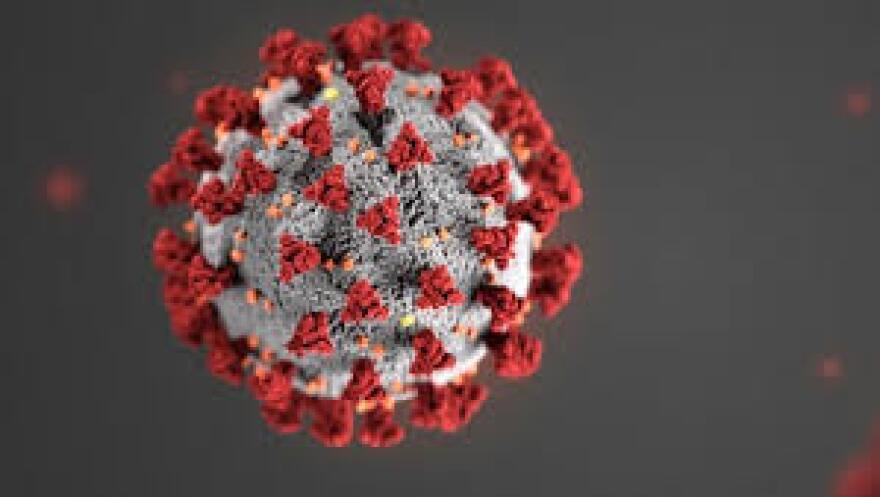You’re listening to Utah Public Radio. I'm Kerry Bringhurst. Utah State University students statewide have returned to campus learning this week. Joining me is USU President Noelle Cockett.
And I understand a number of those students are taking seriously the request to be tested to determine if they have the COVID-19 virus. You've done about 600 so far. What are we looking forward to?
NC: We'll be up to two and maybe even to 3000 here in the next couple of days. There were five positives, but that's a positivity rate of less than 1%. That's very encouraging, because that is certainly not at the level of positivity that we're seeing, you know, for those that are coming into the IHC, etc.
We did start testing at the Brigham City Campus, we did testing at the Blanding Campus and in the next couple of days, we'll start doing testing at the Eastern Campus. And then in partnership with the tech colleges, we'll also be testing Tooele and Vernal and Roosevelt.
KB: Let's talk a little bit about the information that was released yesterday when it comes to funding to help support students.
NC: So, we really, really appreciate the ability to get money directly to students. So this last round, the federal funding, it was 8.7 million available to students. Plus, the additional private donations we had. We were able to help over 10,000 students. The new money that'll come will be available to at least that number again.
As I keep telling students of USU, read your emails because that's how we originally connect with people about the CARES funding.
The Hardship Emergency fund is for people that maybe can't do a FAFSA, or find themselves in a real acute emergency, such as a family member getting sick or car breaking down or, you know, pending layoffs at a job. That's on the COVID website, usu.edu, as well. That one does require an application, but we're going to get out that money as quickly as we can so people can stay in school.
KB: I know during our conversations, you mostly wear the hat of a higher education administrator. Many of our listeners may have not remembered you’re a scientist as well, mostly focused on genetics. But what is your take, as a scientist, on what we've seen happening this past year, as far as things progressing so quickly, when it comes to a vaccine?
NC: I know the FDA here in the United States would not allow a vaccine to come forward to the general population, if in fact, they didn't have the appropriate tests. I've been quite fascinated by the different variants that are now being found. It's not that the COVID-19 is mutating faster than some other virus, it's just that there's so much reproduction of it. As each cycle of the virus continues to be made, mutations accumulate. So given the large reservoir that the virus has, in people worldwide to multiply, and given that there's this underlying chance that a mutation will occur just fundamentally, every time it's replicate.
These variants, you know, are starting to pop up. You just can't predict that until those variants appear and can be studied. So, you know, when watching these different ones pop up, what I'm particularly hopeful is that the one that pops up, doesn't make the vaccines that have already been developed less protective. That would be such a shame if, you know, we had to wait another year for an effective vaccine against a new variety.
KB: President Cockett, we're out of time today. But thank you for joining us again this week to give us kind of an update on what's happening with COVID-19 on campuses statewide for Utah State University, and we'll talk with you next week.




